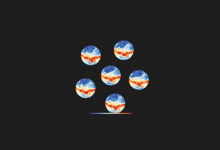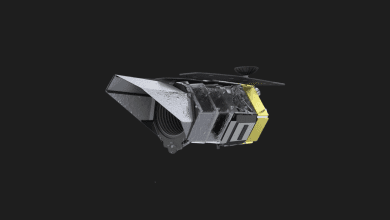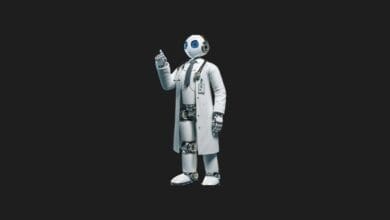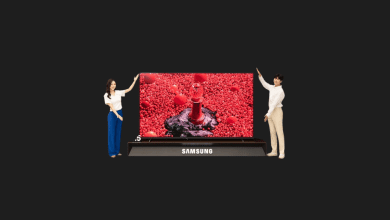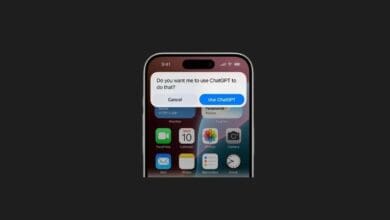Musicians’ Perspective on AI Music Tools Inhibiting Creativity
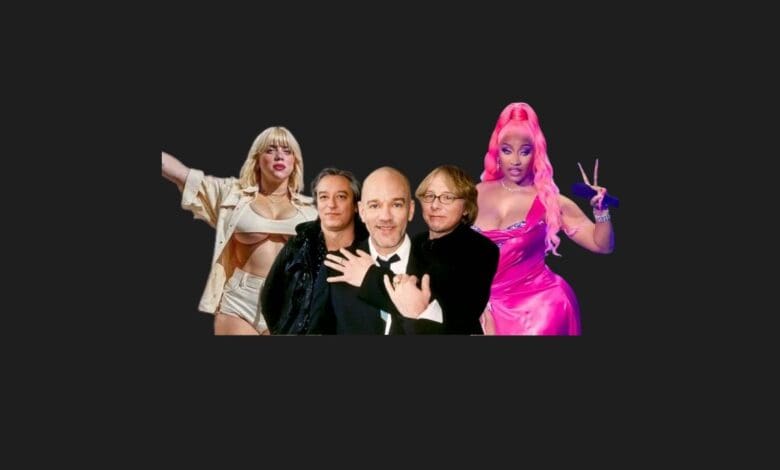
Hundreds of musicians worldwide have expressed concern that artificial intelligence music production tools are stifling human creativity. A diverse and prominent group of artists has signed a declaration, which serves as a manifesto against AI technology companies. Among the signatories are Billie Eilish, R.E.M., Chappell Roan, Elvis Costello, Greta Van Fleet, Imagine Dragons, Jon Bon Jovi, Jonas Brothers, Kacey Musgraves, Katy Perry, Mac DeMarco, Miranda Lambert, Mumford & Sons, Nicki Minaj, Noah Kahan, Pearl Jam, Sheryl Crow, and Zayn Malik.
The letter highlights the risks AI poses when used recklessly, including threats to privacy, identity protection, music, and livelihoods. It points out that some of the largest and most influential companies are training AI models with artists’ works without consent. This situation could have dire consequences for numerous musicians, artists, and songwriters struggling to make a living.
The concern stems from the fact that AI models generating new music, art, and text are trained on vast datasets of existing works, often without the option to remove specific content upon request. This is likened to the futile effort of artists trying to prevent piracy of their music.
With the technology to create convincing deepfakes of famous artists rapidly advancing and spreading, the signatories argue that the unchecked development of AI technology poses significant challenges for the creative industry.
The concerns raised by musicians and authors about the impact of AI on creativity and intellectual property rights are significant and merit serious discussion. As AI technology advances, it poses a dual-edged sword. On one hand, it offers incredible tools for enhancing creativity, making music production more accessible, and providing new avenues for artists to explore. Adobe and Stability AI’s efforts to develop AI music generators that utilize licensed or royalty-free music represent steps towards ethical use of AI in creative fields.

However, the negative impact on artists, particularly those who create music for commercials or license their beats, cannot be overlooked. The historical context of musicians having to adapt to shrinking revenue streams due to technological advancements—from file sharing to streaming services—underscores the longstanding tension between technology and the traditional music industry. The Union of Musicians and Allied Workers’ struggles to secure fair streaming pay further illustrates the economic challenges faced by artists in the digital age.
The concerns are not limited to the music industry. The open letter from authors to major tech companies about generative AI mirrors similar fears: that AI can mimic, regurgitate, and potentially dilute human creativity without proper acknowledgment or compensation. The ease with which AI can produce content in the style of any author highlights the urgent need for copyright law to evolve and address the unique challenges posed by generative AI.

The call to action against the “predatory use of AI” stresses the need for a balanced approach that respects artists’ rights and the integrity of the creative ecosystem. This situation requires collaborative efforts among tech companies, artists, legal experts, and policymakers to establish guidelines and practices that support innovation while protecting intellectual property and ensuring fair compensation for creators.
The debate around AI and creativity touches on broader themes of ethics, equity, and the future of art. It challenges us to consider how we value originality and human expression in an increasingly automated world. Your thoughts and opinions are valuable as we navigate these complex issues together. What are your views on the balance between AI innovation and the protection of artists’ rights?

